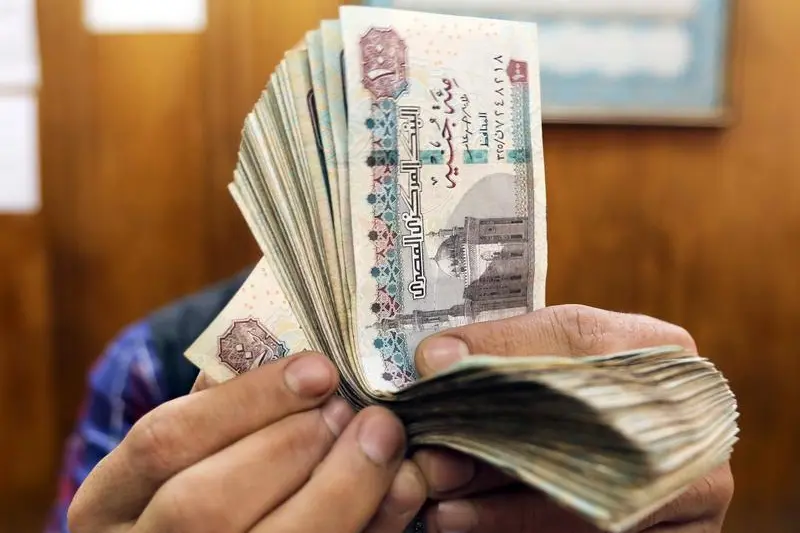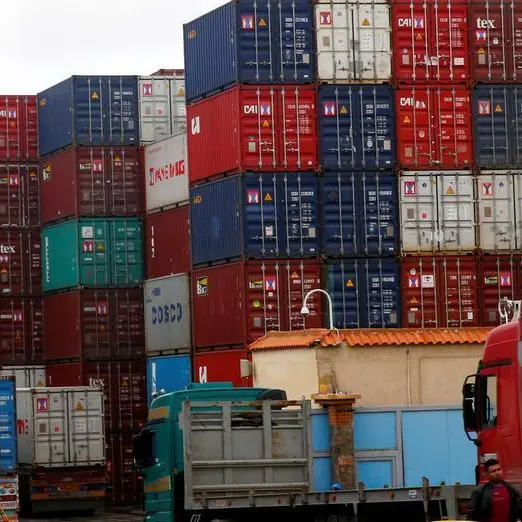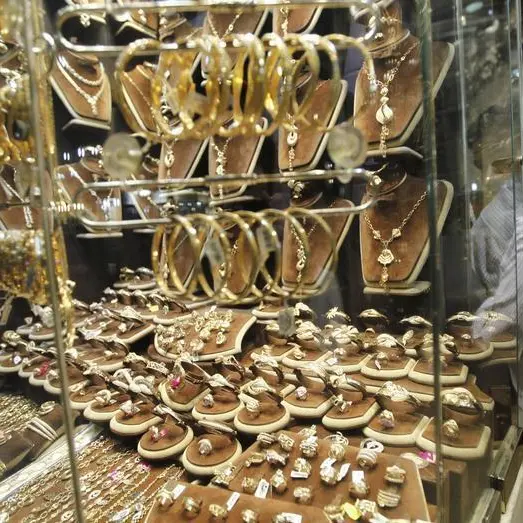PHOTO
The International Monetary Fund (IMF) has encouraged Egypt to have a permanent shift to a flexible exchange rate regime in order to help renew the country’s reserves and avoid possible imbalances, according to a staff report issued by the major organization on January 10th. This came in the context of the IMF approving a 46-months $3 billion extended arrangement for Egypt. The government has tried several times to adopt a flexible exchange rate starting its first trial in 2016. However, this time, the exchange rate regime will have a different shift.
Will the Flexible Exchange Rate be Permanent?
Egypt has already witnessed EGP flotation a number of times since November 2016, but it was not permanent. Although the country was able to have an economic recovery in fiscal year (FY) 2021/2022, it still witnessed several imbalances with the stabilized exchange rate.
A permanent shift to a flexible exchange rate means having no interference from the Central Bank of Egypt (CBE) to control flotation. Eslam Abdelhamid, a Financial Consultant, Economic Researcher, and Financial Trainer tells Arab Finance: “What I understand is that the IMF will monitor the CBE reserves that were used to make the exchange rate floating, as the CBE was managing the flotation rate by supplying dollars in case of shortage or when the USD demand highly increased in the Egyptian market. Therefore, the CBE was pumping dollars to mitigate the exchange rate.”
Accordingly, IMF staff report published on January 10th urged Egypt to implement the durable flexible exchange rate regime, in which the country’s currency price would be determined according to the supply and demand of different currencies.
Menna Bashir, a Senior Credit Analyst at SMEs sector in Banque Misr, tells Arab Finance: “Floating can be partial (managed) or free-floating, the first one depends on cash reserve at our central bank, but the other type reflects real demand and supply. But flexible exchange rates are legal obligations to exchange our local currency against other currencies with a fixed exchange rate.”
Pros and Cons of Flexible Exchange Rate
The IMF staff report had an influence on the Egyptian currency value since its issuance. The Egyptian exchange market witnessed a significant positive movement since January 12th, corresponding to January 11th, when the dollar price rose to about EGP 32 before the price began to decline to record EGP 61.29 at the end of transactions of January 16th, according to the CBE.
Despite the fluctuating exchange rate, having a flexible exchange rate in place will have its positive impact on the Egyptian economy. "A permanent shift to a flexible exchange rate regime will help mitigate external shocks and prevent imbalances from re-emerging and allow monetary policy to focus on maintaining price stability," Kristalina Georgieva, Managing Director and Chairman of the Board, stated after the IMF Executive Board Discussion.
Hence, having a permanent shift to the flexible rate regime is crucial at the time being. "Given the heightened uncertainty and risks to the global economic outlook, the authorities’ commitment to stay the course on exchange rate flexibility, prudent macroeconomic policies, and structural reforms is critical," Georgieva noted.
In terms of inflation, the IMF expected the inflation rate in Egypt to decline to 15.8% in FY 2022/2023.
As for the banking sector, “Egyptian banks’ regulatory capital ratios can withstand further Egyptian pound depreciation as they are supported by healthy internal capital generation,” Fitch Ratings said in a research note published on January 17th, entitled ‘Egyptian Banks’ Capital Ratios Can Withstand Further EGP Depreciation’.
Meanwhile, the World Bank’s (WB) Egypt economic monitor report expected Egypt’s inflation to be over the target that was set by the CBE at 7% (±2%) and to be in double digits during FY 2022/2023, and we are waiting for the central bank to announce new inflation targets.
However, Egypt still needs to exert effort to deal with the current economic changes. “In my opinion, our currency will be highly devaluated until we can have a strong industrial base effect and control inflation,” Bashir tells Arab Finance.
The CBE monitored a set of positive indicators related to the exchange market, represented by a significant increase in banks’ foreign exchange earnings, whether from the local market, or the proceeds of remittances from Egyptians abroad, as well as from the tourism sector. The entry of foreign investors into the Egyptian market was also monitored again, since January 11th, with amounts exceeding $925 million, according to a CBE statement.
“Flexible exchange rate will be depending on currency supply and demand. This will affect the economy as imported goods should be convenient and limited because any extra unnecessary demand of dollars will hugely affect the economy in case of the shortage of dollars inflows that come from the Suez Canal revenues or from the transfers of Egyptian working abroad or foreign direct investment (FDI) and direct investments,” Abdelhamid notes.
“We should encourage FDIs so that we have consequent or constant dollars inflow coming from FDIs,” Abdelhamid says, adding “we should encourage local investors and local production so that we can have export promotion policy to encourage having a competitive advantage in a product that we can export and to get dollars to stabilize exchange rate amid the demand increase.”
Therefore, with the flexible exchange rate and Egypt working on its industrial base, the country may see a breakthrough, but whether Egypt will really commit to a flexible exchange rate permanently or not is for the future to show.
Copyright © 2022 Arab Finance Brokerage Company All rights reserved. Provided by SyndiGate Media Inc. (Syndigate.info).




















